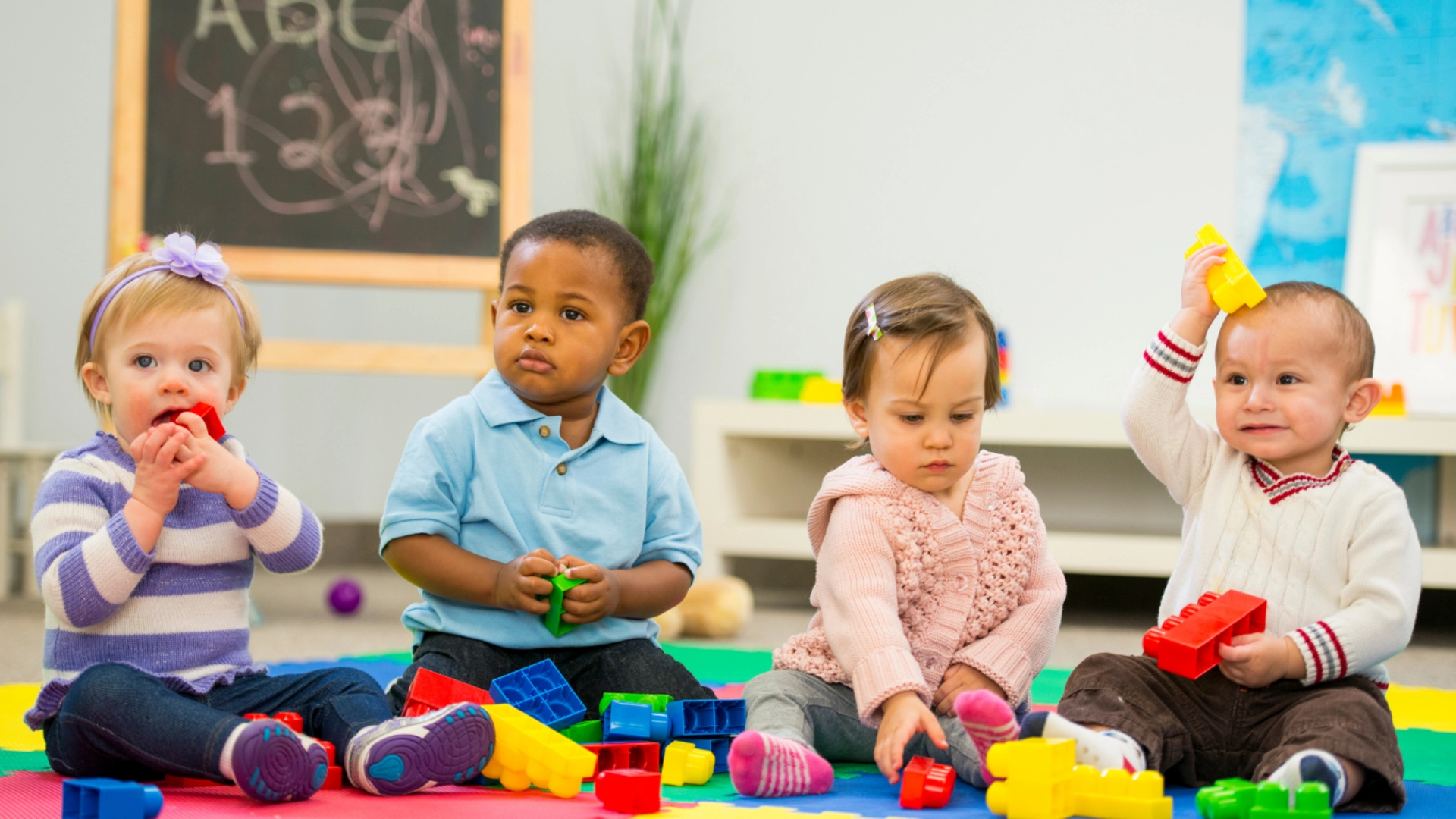
The State, County, and City have resources specifically designed to help pregnant and parenting youth set themselves - and their young children - up for success. Programs are designed to support both pregnant and expectant youth (e.g. mothers and fathers), unless otherwise noted. Review the eligibility criteria for each program to determine if you qualify.
Wraparound Services
The following programs work alongside you to assess your family’s needs and connect you with supportive services.
- Teen Parent Prosper Program
CIFD’s Teen Parent Prosper program supports expectant or parenting youth between the ages of 14 and 19 to advance their education and attain part-time paid employment. The program also offers supportive services such as child care services, financial literacy training, and child development workshops. Enrollment is open through December 2025. To learn more and apply, email rande.smith@lacity.org.
- Adolescent Family Life Program (AFLP)
The AFLP is designed to support expectant and parenting youth navigate becoming parents. An example of AFLP is NATEEN, a program at the Children’s Hospital Los Angeles. Case managers help teens and young adults set academic, employment, health, and financial goals and connect them to the resources they need to meet them. In Los Angeles County, AFLP is available in 4 locations. Services are free and confidential and are offered to youth up to age 21.
- Cal-Learn
Cal-Learn is a program to help expectant and parenting youth finish high school. Often coupled with an Adolescent Family Life Program (above), youth are provided case managers, supportive services such as child care and transportation, and incentives for progress toward earning a high school diploma. Cal-Learn is available to expectant and parenting youth under the age of 19 who are receiving CalWORKs and who do not yet have a high school diploma or equivalent. To learn more, call LA County’s Department of Public Social Services or one of the AFLP programs.
- Nurse Family Partnership (NFP) Program
The NFP program connects first-time pregnant people with registered nurses who conduct home visits to provide comprehensive health education services from the first trimester until the baby is 2 years of age. The program is free and voluntary and there are no immigration or health restrictions. Pregnant youth can be connected to a nurse through LA County’s Maternal, Child & Adolescent Health Division or through LAUSD if they are enrolled full time in an LAUSD school.
Foster Youth
There are many resources to support expectant or parenting youth who are under the care of the Department of Children and Family Services (DCFS).
Opportunities include:
To find more information on these programs and other parenting resources, talk to your social worker or visit the LA County Department of Children and Family Services website for parenting teens. To learn more about the Emergency Child Care Bridge program, visit CCALA’s website.

Need Help Finding Child Care?
Teen parents are eligible for the same types of child care programs as all parents. Visit our Understanding Child Care in Los Angeles and Finding Care pages to learn about the different types of child care programs and how to find the care that works best for you and your family.



